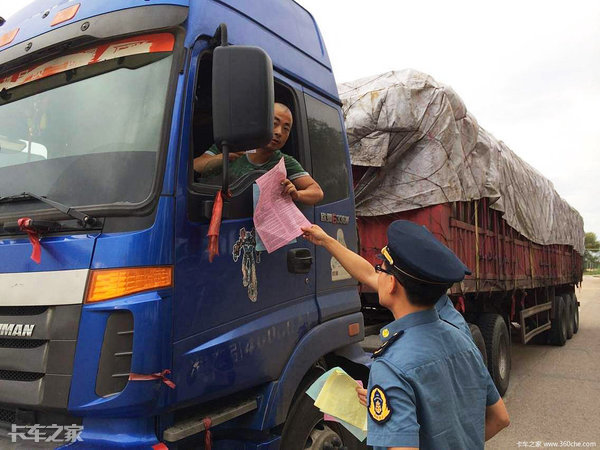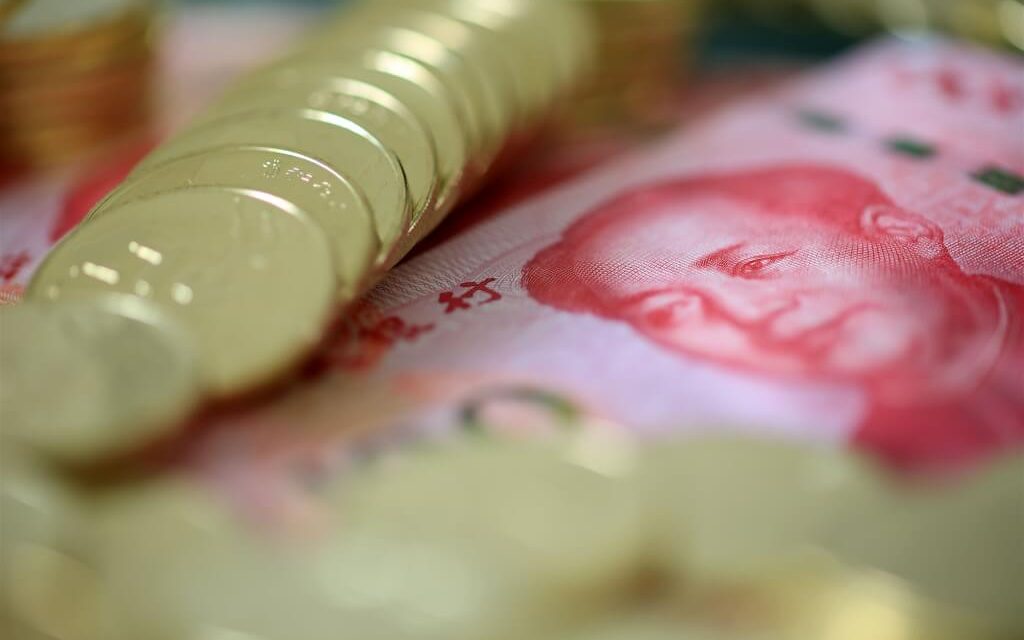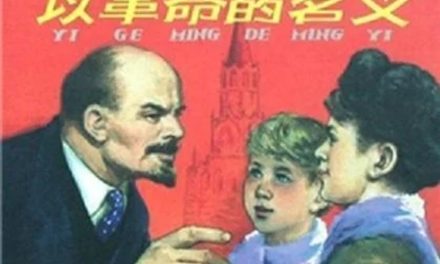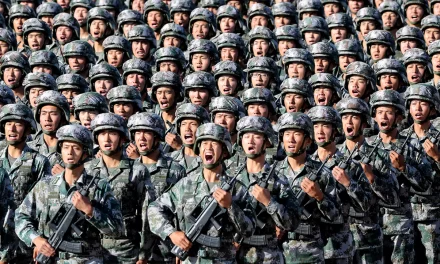By Jeanette Tong and Evan Osborne
The Chinese economy has serious problems, with youth unemployment data now hidden and its GDP growth data widely questioned. Despite various policies aimed at loosening market restrictions and attracting foreign investment, market confidence remains elusive, with investment and consumption still stagnant. In order to maintain services and meet targets set by the central government, authorities in economically underdeveloped regions in the central and western parts of the country, where local-government debts have exploded, have resorted to rather unconventional stimulus tactics, measures unimaginable to Western economists.
Turning Debts into Criminal Charges
After Mayi Jiayi, a female entrepreneur from Guizhou, built 10 government projects in Liupanshui City, she was owed a staggering 220 million yuan (US$33 million), which remained unpaid for eight years despite continuous collection efforts. The Shuicheng District government proposed settling the debt for 12 million yuan (US$1.7 million), an offer rejected by Mayi and her legal representatives. At the end of 2023, on the day of the hearing at the Guizhou High People’s Court, she was arrested on the always-useful and ever-available charges of provocation and causing trouble, sparking public scrutiny of the local government’s practice of turning debt-collection efforts into crimes.
This case highlights the dire consequences faced by heavily indebted provinces. Most projects undertaken by governments in underdeveloped regions remain unpaid due to lack of funds. Guizhou and Yunnan are both major players in infrastructure construction, and now also in debt accumulation. According to the latest list released by Yunnan, there are 1,153 projects on hold or delayed, with a total investment of 290.4 billion yuan. However, only 2.551 billion yuan, less than 1%, is available to restructure the debts. The funding for these projects mainly came from bank loans, advances by construction companies, and bond issuance.
As the central government increasingly focuses its limited resources on stronger provinces, underdeveloped areas will see a rapid decline in the number of large projects they can undertake. Heavily indebted local governments resorting to “gangster-like” tactics to deal with entrepreneurs demanding payment will become more common under these circumstances.
Infuriating Fines
As fiscal revenues decline, some grassroots governments are increasingly relying on theft and intimidation to make up for the shortfalls. In China, the prevalent government-business relationship dictates that enterprises must operate under government supervision and must avoid offending regulatory departments to survive, resulting in those owed money having little opportunity to exercise their nominal right to defense, let alone to initiate litigation themselves.
This “fine” income reflects the revenues collected by law enforcement agencies, including officially assessed fines, confiscations, proceeds of crime, and the proceeds from the sale of confiscated goods. It spans the government functions of public security, transportation, taxation, courts, and market supervision. The ratio of such income to tax revenue in a region not only reflects the reliability of local fiscal revenue but also the standardization and transparency of government management. There is a huge difference in this ratio across different regions of China. In some cities, e.g. Nanjing and Shenzhen, it is close to 1%, In others, such as in Panjin City in Liaoning Province, it exceeds 20%,
Nationwide, traffic-violation fines issued through traffic cameras have grown to a staggering 200 billion yuan (US$28.5 billion). Restaurants in Shanghai were fined 5,000 yuan for putting cold cucumber shreds on cooked food because they “did not obtain a license to sell cold food.” A truck driver received 58 fines for overloading (his trucks were clearly not overweight before departure, but when stopped halfway for inspection, they mysteriously became so on the scale) within just two years, totaling approximately 275,000 yuan (US$38,000). A vegetable seller in Luoyang, Henan Province, earned 21 yuan (US$3) and was fined 110,000 yuan (US$15,300). In Yulin, Shaanxi Province, a couple selling vegetables was fined 66,000 yuan (US$9500) for earning 20 yuan(US$3). Incidents like these, where ordinary people are arbitrarily and excessively fined by government authorities, have sparked public outrage.

Government-Employee Economics
Government employees are now required to take the lead in buying houses, cars, and household appliances to meet targets. (China has a large population supported by public finances. Although the official number of government employees in China is only 7.17 million, the actual number of people supported by public revenue is nearly 100 million.)
China’s current real-estate market faces enormous challenges, with related companies collapsing one after another and buyers lacking confidence, especially in third- and fourth-tier cities. Governments at all levels in China continue to introduce new policies, hoping to stimulate recovery. In places like Shimen County, Hunan Province; Sixian County, Anhui Province; and Chikan District, Guangdong Province they are “encouraging,” in the Chinese government’s distinctive style, government employees to take the lead in encouraging family and friends to buy houses together to jointly promote local real-estate market stability. They hope that their employees will set an example to promote recovery and boost confidence.
On March 1st, Premier Li Qiang chaired an executive meeting of the State Council, approving the “Action Plan for Promoting Large-scale Equipment Renewal and Trading-in of Consumer Goods,” which aims to promote a new round of large-scale replacement of durable goods, particularly automobiles and household appliances, to “generate a scale effect of renewal and replacement,” and stated that this is a “major decision” by the “Central Party Committee,” enabling focus on “high-quality development.”
However, at a time when ordinary residents are unwilling to replace such goods, the army of government employees is once again being forced to consume. Chinese netizens use the unwritten ethos of the underworld, cough up the protection money, because what goes around comes around, to describe the phenomenon of government employees being required to consume. As China’s fiscal situation continues to deteriorate, we can expect ever-greater use of these kinds of desperate coercion.
Jeanette Tong is a research fellow at Citizen Power Initiatives for China.
Evan Osborne, Ph.D., is a professor of economics at Wright State University and the author of “Reasonably Simple Economics: Why the World Works the Way it Does” and “The Rise of the Anti-Corporate Movement: Corporations and the People Who Hate Them.”























